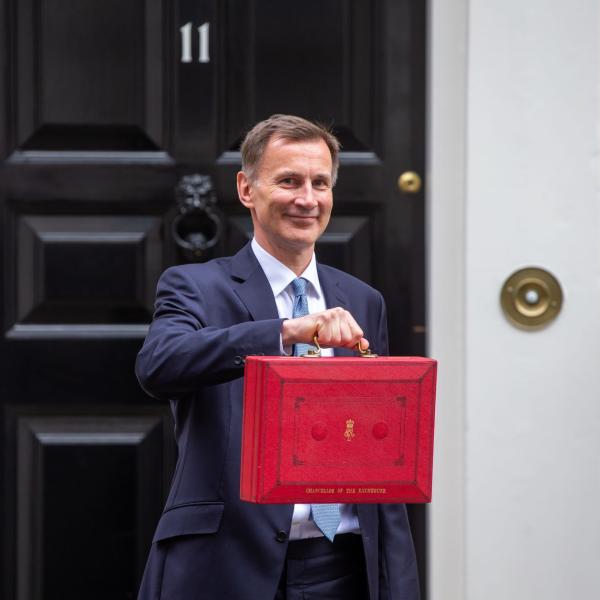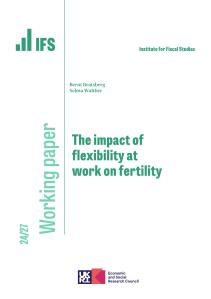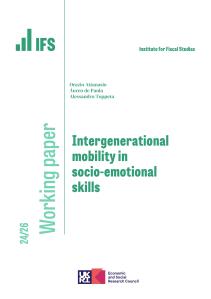We extend the search-matching model of the marriage market of Shimer and Smith (200) to allow for labor supply and home production. We characterise the steady-state equilibrium when exogenous divorce is the only source of risk. We study nonparametric identification using cross-section data on wages and hours worked, and we develop a nonparametric estimator. The estimated matching probabilities that can be derived from the steady-state flow conditions are strongly increasing in male and female wages. We estimate the expected share of marriage surplus appropriated by each spouse as a function of wages. The model allows to infer the specialisation of female spouses in home production from observations on wages and hours worked.
Authors

Research Fellow Sciences Po and University College London
Jean-Marc is a Research Fellow of the IFS and a Professor of Economics at Sciences Po, Paris, and University College London.

Nicolas Jacquemet
Working Paper details
- DOI
- 10.1920/wp.cem.2013.0713
- Publisher
- cemmap
Suggested citation
Jacquemet, N and Robin, J. (2013). Assortative matching and search with labor supply and home production. London: cemmap. Available at: https://ifs.org.uk/publications/assortative-matching-and-search-labor-supply-and-home-production (accessed: 3 July 2024).
Related documents
More from IFS
Understand this issue

Where next for the state pension?
13 December 2023

Social mobility and wealth
12 December 2023

Autumn Statement 2023: IFS analysis
23 November 2023
Policy analysis

How would the parties’ tax and spending plans affect Scotland and Wales?
28 June 2024

General Election 2024: Manifesto Analysis Presentations
24 June 2024

How do the last five years measure up on levelling up?
19 June 2024
Academic research

The impact of labour demand shocks when occupational labour supplies are heterogeneous
28 June 2024

The impact of flexibility at work on fertility
11 June 2024

Intergenerational mobility in socio-emotional skills
5 June 2024